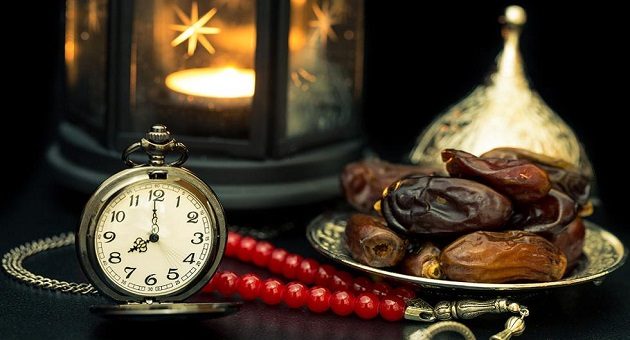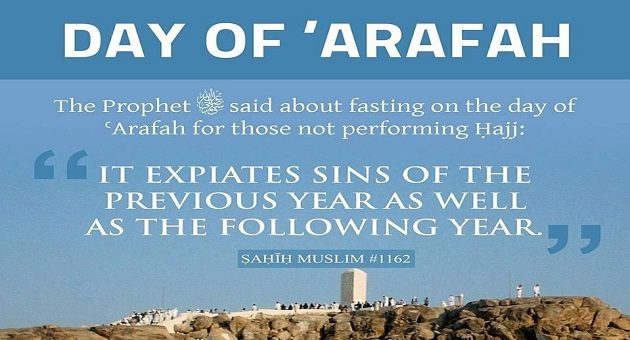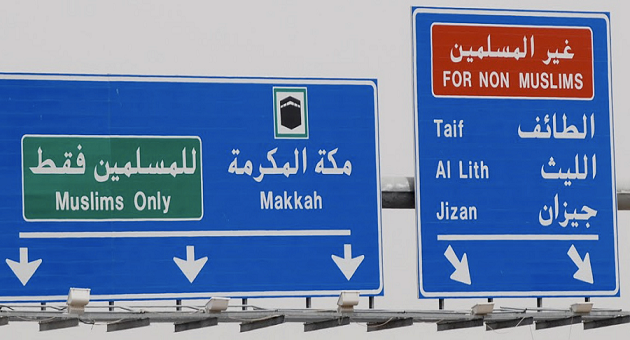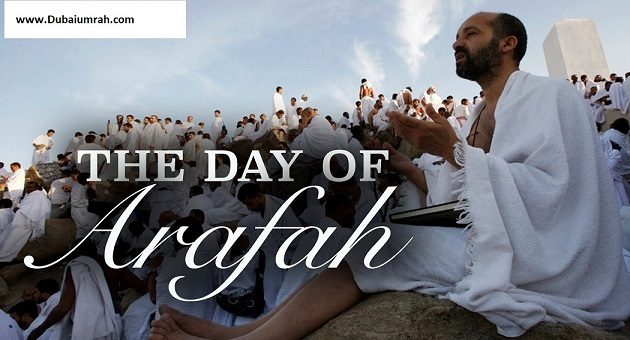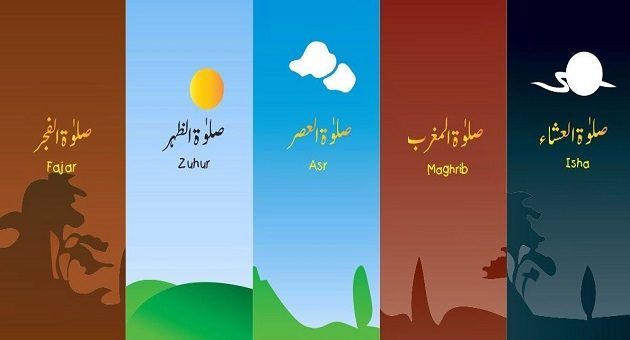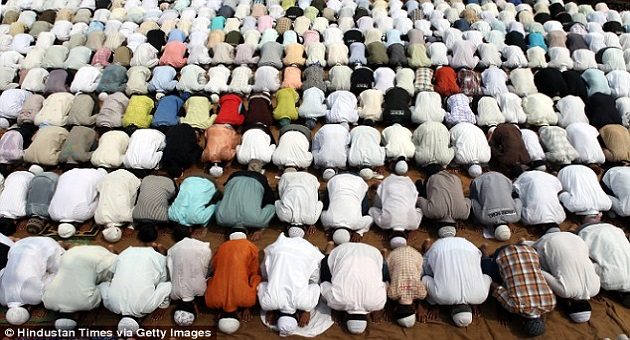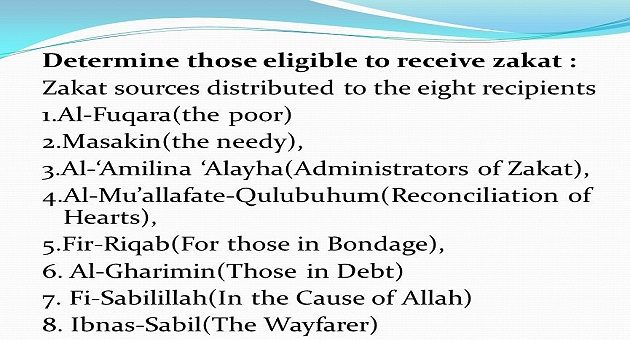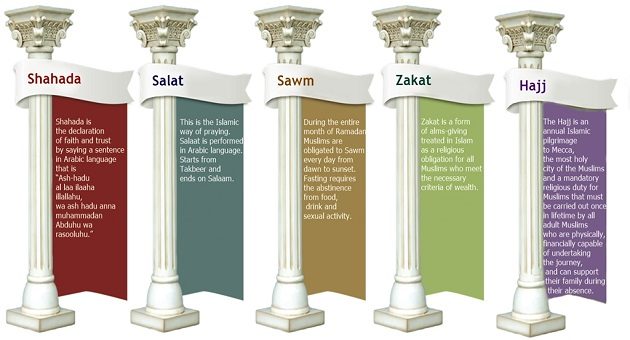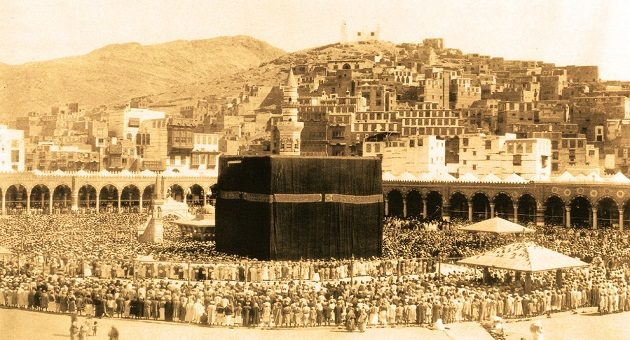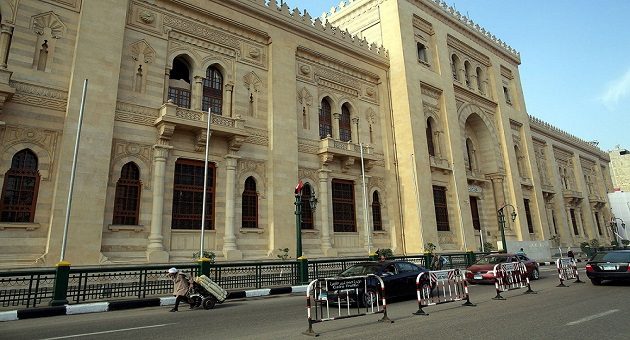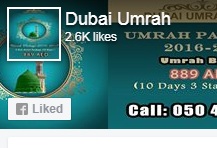In accordance with the long history of fasting in the Abrahamic beliefs, Muslims fast from sunrise until sunset during the period of Ramadan, which happens in the ninth lunar month of the Islamic schedule and keeps going between 29 to 30 days (dates may differ because of moon-locating, and the length of fasting may change dependent on a spectator’s area). Fasting is one of the five mainstays of Islam just as perhaps the best demonstration of love a Muslim can perform. The demonstration of fasting during Ramadan has explicit guidelines and standards. The thought is to purify one’s body, psyche, and soul from the world’s polluting influences, improve good character,.
The Day of Arafat (Arafah) is an Islamic occasion that falls on the ninth day of the long stretch of Dhu al-Hijah in the Islamic schedule. It falls on the second day of the Hajj journey. On this day, travelers, while in transit to Mecca, visit Mount Arafat, a high plain that is the site from which the Prophet Mohammad (PBUH) gave a renowned lesson close to an incredible finish. Since the Day of Arafat depends on a lunar schedule, its date shifts from year to year. Here are the dates of the following couple of years. 2018: Monday, August 20. 2019: Saturday, August 10. 2020: Thursday, July 30. 2021:.
Mecca – home to the Kaaba, Islam’s holiest site, also called the House of God (Allah) – is situated in a tight valley in the Hijaz district (supposed as a result of the geology of its “Hijaz,” or “spine,” the Sarat Mountains, which comprises of volcanic pinnacles and profound discouragements) of Saudi Arabia, around 40 miles inland from the Red Sea coast. Non-Muslim visitors are banned in the Quran: “Oh you who believe! Truly the idolaters are unclean; so let them not, after this year, approach the Sacred Mosque. …” (9:28). This verse specifically refers to the Grand Mosque in Mecca. There is some discussion about the accurate zone and.
The Day of Arafat falls on the second day of journey customs. At first light on this day, almost 2 million Muslim travelers will advance from the town of Mina to a close-by slope and plain called Mount Arafat and the Plain of Arafat, which is situated about 12.5 miles (20 kilometers) from Mecca, the last goal for the journey. Muslims accept that it was from this site the Prophet Muhammad, harmony arrives, gave his celebrated Farewell Sermon in his last year of life. Each Muslim is relied upon to make the journey to Mecca once during their lifetime; the journey itself isn’t viewed as complete except if the stop.
In Muslim people group, individuals are helped to remember the salat by the day by day calls to supplication, known as adhan. The adhan is conveyed from mosques by a muezzin, the mosque’s assigned guest of supplication. During the call to the petition, the muezzin presents the Takbir and the Kalimah. Traditionally, the calls were produced using the mosque’s minaret without intensification, however, numerous cutting edge mosques use amplifiers so the reliable can hear the call all the more unmistakably. The supplication times themselves are managed by the position of the sun. Fajr: This prayer starts off the day with the remembrance of God; it is performed before sunrise. Dhuhr:.
Similarly as with different religions, Muslims must-watch explicit ceremonies as a component of their day by day petitions. Before asking, Muslims must be clear of the psyche and of the body. Islamic educating expects Muslims to take part in formal washing (wudu) of the hands, feet, arms, and legs, called Wudhu, before supplicating. Admirers should likewise be dressed unassumingly in clean apparel. When the Wudhu has been finished, it’s a great opportunity to discover a spot to supplicate. Numerous Muslims implore at mosques, where they can impart their confidence to other people. In any case, any peaceful spot, even a side of an office or home, can be utilized for.
Providing for philanthropy is one of the five “pillars” of Islam. Muslims who have riches staying toward the part of the arrangement after paying for their very own essential needs are required to pay a specific rate to help other people. This routine with regards to almsgiving is called Zakat, from an Arabic word which means both “to purify” and “to grow.” Muslims accept that providing for others cleans their very own riches, expands its worth, and makes one perceive that all that we have is a trust from God. Paying Zakat is expected of each grown-up Muslim man or lady who has an abundance of a specific least sum..
The “five mainstays of Islam” are religious obligations that give a system to a Muslim’s life. These obligations are performed consistently and envelop obligations to God, to individual profound development, to think about poor people, self-restraint, and penance. In Arabic, “arkan” (columns) give structure and hold something consistent live Pillars of Islamic setup. They offer help, and all must be available for the structure to adjust relentlessly. The articles of confidence give an establishment, addressing the topic of “what do Muslims accept?” The Five Pillars of Islam help Muslims to structure their lives around that establishment, responding to the topic of “how do Muslims certify their confidence in everyday life?”.
Consistently, Muslims from everywhere throughout the world participate in the biggest assembling on Earth, the Hajj, or journey to Mecca. The Hajj is a religious commitment that each Muslim must satisfy, assuming monetarily and physically capable, in any event once in their lifetime. During these notable days, white, dark-coloured and dark individuals, rich and poor, rulers and workers, people, old and youthful will all remain before God, all siblings and sisters, at the holiest of sanctuaries in the focal point of the Muslim world, where all will call upon God to acknowledge their great deeds. Nowadays speak to the pinnacle of each Muslim’s lifetime. The Hajj takes after the re-authorization.
The Museum of Islamic Art in Cairo is viewed as one of the most seasoned and most noteworthy on the planet, with more than 100,000 pieces in its accumulation. A sum of 25 exhibitions pivot show of just a small amount of the Museum’s complete stock. The Museum houses uncommon original copies of the Quran, alongside excellent instances of antiquated Islamic woodwork, mortar, material, earthenware, and metalwork. The Museum likewise directs its very own archeological unearthings. The Museum goes back to the 1880s when experts started gathering pieces from mosques and private accumulations and lodging them in the Fatimid Mosque of Al-Hakim. The reason constructed Museum opened in 1903 with.





